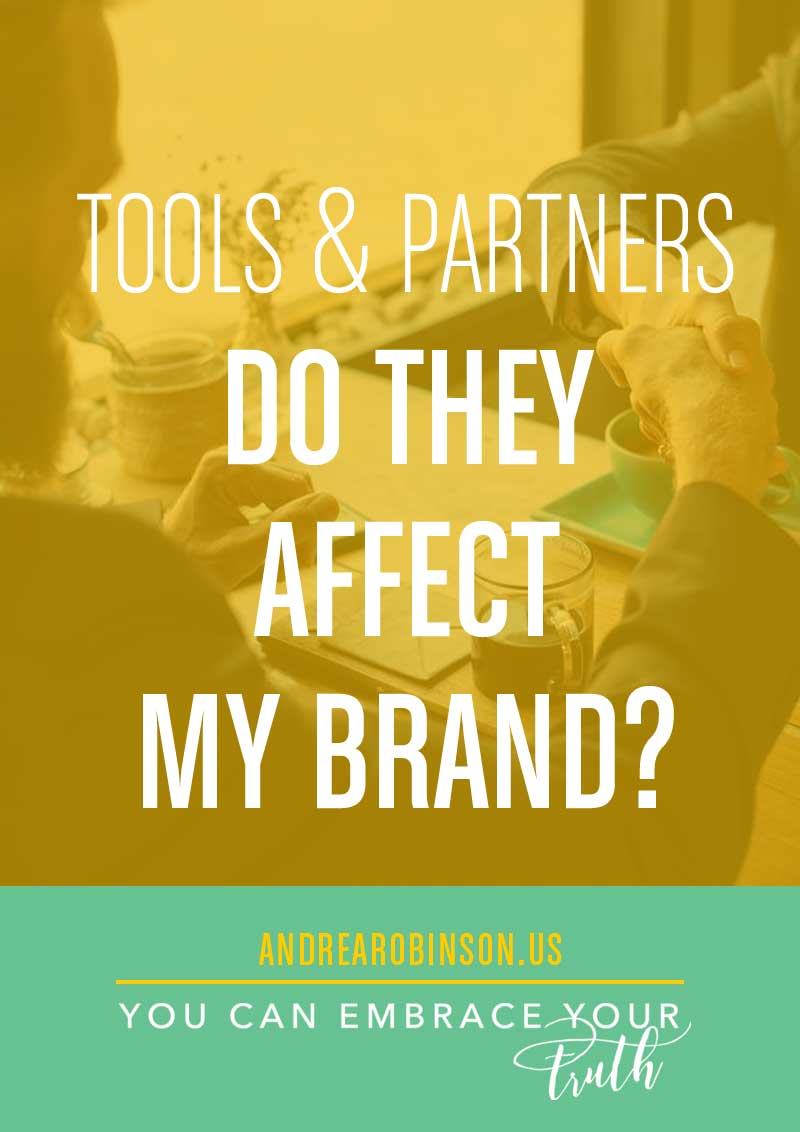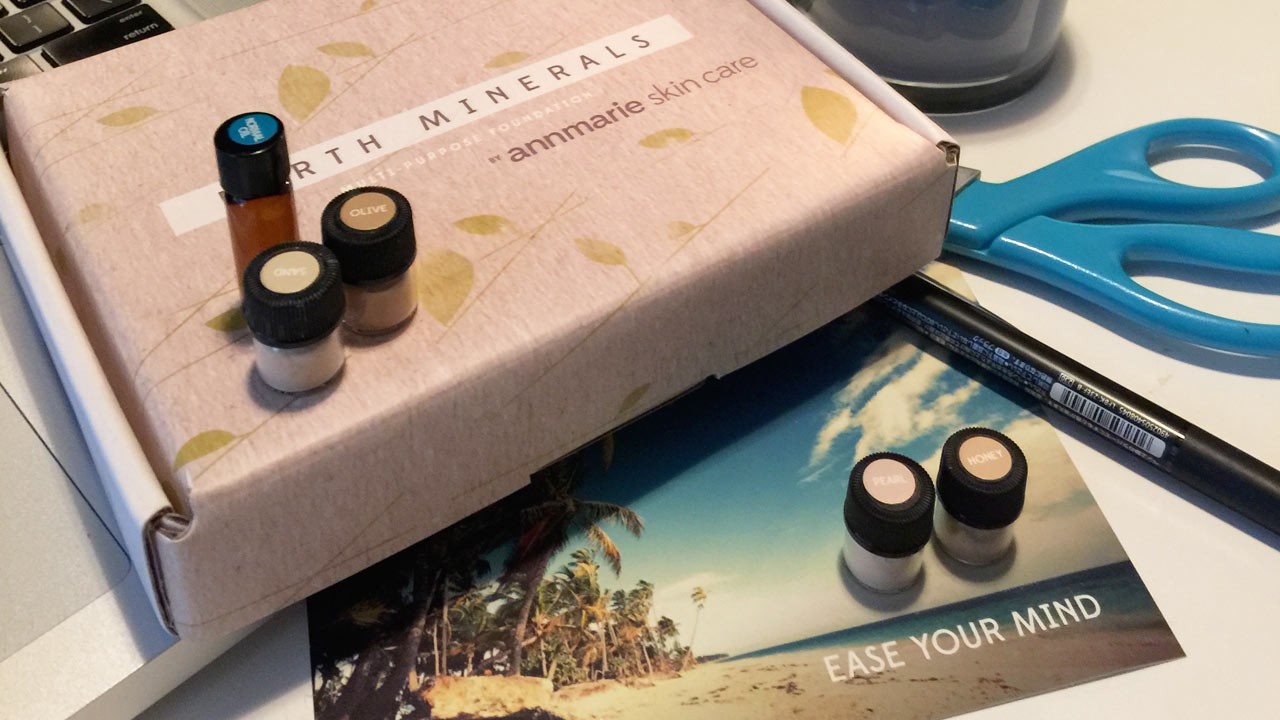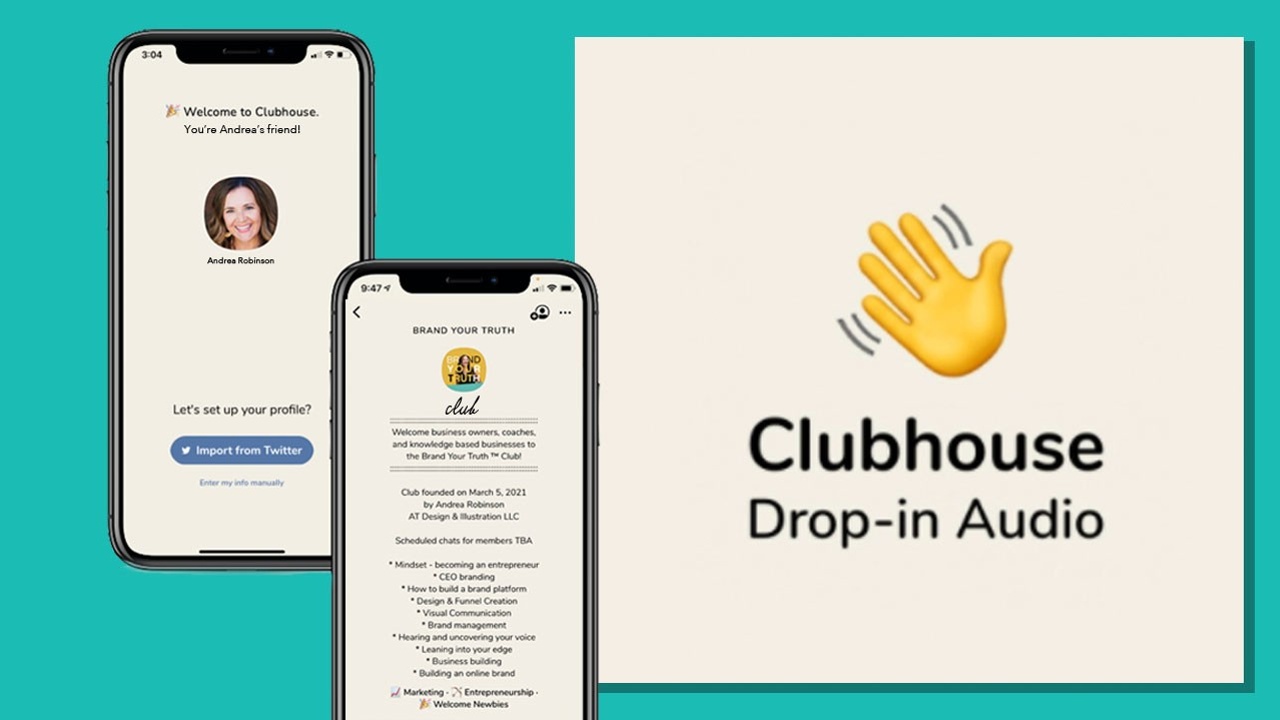Picking Partners and Positive Brand Reputation

Do the partners and tools you choose affect brand perception? Yes and no. Picking the best partners and the tools that we can trust is tricky!
The partners we select can help or hinder our brand reputation and have influenced our potential audiences.
How do you know how to decern whether or not your partners are a positive or negative brand influence? This is what I tackle in this article inspired by a real conversation with a coaching client when she was faced with whether or not she should tell her clients that she works with a SaaS provider or not. Would their reputation influence her brand?
All good relevant questions for businesses as they grow, but here is where I started.

Should I partner with this brand? Will we be a customer or both a customer and promoter?
These seem like easy fair questions to ask. You might be surprised that they might serve up complicated and nuanced answers. The reason that this is a difficult question to answer is that your unique situation and circumstances affect determine how small or large these decisions will have on the brand.
What stage your business is within at the moment?
Are you in the beginning stages of building your business or are you in the later stages of business such as being an influencer and leader?
When a business is new:
The stage matters because your strategy will be different based on the number of people paying attention. How many people are listening and watching depends on the stage of business you are currently in your business. When you are starting out tool and partner selection matters less in regards to brand perception. People are not hanging on to every little move the business makes.
The effects of a brand partner mismatch are a lot easier in the beginning. You may find that the partnership has a completely different set of values or mission that are not in alignment with your company values. Any negative perceptions by trying out this partnership are much easier to shake off when your business is new.
Fewer people are watching and listening. Negative effects from early partnerships will have less of an impact on your business during the early stage. It is also easier to bounce back from any negative associations or partnerships and it's perhaps easier to communicate to your audience the change in your brand direction in these early moments. This is where solid positioning and a PR media strategy pay off as a tool in your brand reputation toolkit.
When your brand is established as an influencer:
Once you are in leadership and influencer position in your industry, then the tool has the potential to have a greater amount of influence on your brand perception. Choosing a particular tool or platform may be perceived as an endorsement. Now you are taking on how people feel about said particular software brand. This same concept can be applied to partnerships and relationships with personal brands similarly to a (SaaS) software as a service brand.
Will business partners and software promotions be part of your business strategy?
Do you use affiliate promotions of software (SaaS tools) as part of your business model? The answer will determine your next steps. If yes, then this decision of selecting a tool has the potential to positively or negatively affect brand perception.
If your answer is no that you do not plan to promote this business or tool, then you can put in place confidentiality and non-disclosure agreements with the business. These legal agreements state you are not willing to disclose your use of the tool. I recommend having a consultation with your attorney to advise them on your circumstances, desires, and needs to write create this legal contract.
I am not an attorney, nor am I qualified to give legal advice. My opinion is that contracts set boundaries and can help add a layer of protection for your business. Boundaries in business are good. They help manage expectations and help you avoid surprises.
Brand Reputation: Are you exposing your brand?
The answer is that yes, you might be exposing your brand to negative press, public scrutiny, negative perception, and feedback in your communities. Are you planning to promote the tool? Do you publicly tell people what tools your business uses?
A question to ask yourself will be; will my efforts supporting this tool add value or perceived as valuable to your customers? Then think about whether or not this is beneficial for your audience? Lastly, you will want to ponder is this going to be better for your business in general? You might also think about if you will be teaching and recommending this tool to your future clients? The risk level may increase or decrease depending on how you answer the questions.
Beat overwhelm by asking better questions.
These questions make the decision feel hard and overwhelming. If you say yes to those questions, then privacy and transparency are not the issues that you are having with the brand. Perhaps brand reputation is in question. The thing to remember is to verify the quality of the tool; its investors and founders.
Attaching your business to another brand can affect your brand reputation both in positive good ways and negative. You have to decide what are the criteria that make a brand a good partner for you. Then set boundaries and guidelines around what would cause you to disqualify them?
Partnerships can challenge brand reputation.
Your brand reputation is built on the quality and alignment of the partnerships and working with other brands. If you say yes to promoting the product, then this decision does influence your brand. The focus is still on the question does the tool solves the problems and functions the way that you want. Does it work the way that you want? Does it meet your needs?
Identifying your answers to these questions allows you to see where your priorities are in your decision-making process. Does this new tool solve a problem that cannot be solved another way? Are you selecting the tool from a utilitarian approach? Tools solve problems. What business problem are you trying to solve with this tool?
Maybe you are prone to making decisions based on everybody seems to be shouting from the rooftops how amazing the business tool is for them. Perhaps leading you to question your brand relevancy?
Should you jump when everyone is jumping?
You may be connected with or surrounded by people who use affiliate marketing as part of their business model. If you answer yes, then your awareness around the fact that people are also changing platforms might be skewed disproportionately.
I recommend first, checking with your business team and ask a better question. Am I being influenced by the problem in my business or am I interested in also promoting this tool?
What are the specific problems or experiences within the business that serve my customers that I want to make better? Create an actual list of things that you want to fix or change. Evaluate that list from a different perspective.
Will it...
- influence the way my customers experience working with our product?
- increase customer satisfaction?
- make this experience better or help people implement it faster?
- assist people to move forward?
- help them feel better about choosing to buy your product?
- motivate your clients to take action?
- help people to make decisions faster?
Communicate clear expectations with partners.
Will you...
- Weigh all the options your team sees as obvious solutions to the problem.
- Check the reputation of the company.
- Decide to take the risk to try the tool.
- Evaluate how effective the tool is in solving the problem for your business.
- Decide if there is a tangible benefit for publicly raising awareness about your partnership.
When the public does not know which tools you use whether or not it is good or bad becomes irrelevant. Your brand reputation becomes a non-issue. However, if you are publicly endorsing the partner, your brand potentially can be affected by the choices, actions, and brand influence that business makes. This relationship and influence is reciprocal and can go both ways. The power of association activity in a brand can be both negative or positive and rarely both. Judgments are made every day by people interacting with brands. You decide how much risk you are taking through utilizing the power of brand alignment.
How to decide the safest partnership(s) for your brand.
Practice the power of constraints with partners. Make sure your team creatively discusses and exhausts all options for solving the problem within the team members' skills. It's important to have a good understanding of how the tools and software technology work even when you are not a programmer.
The ultimate point of this article is to have clearer guidelines in place. As a result, learn how to create boundaries with partners in your business relationships (even when it's a piece of software). Know your partner's brand values. Make brand decisions with a customer-first mindset.
In conclusion, stay focused on your own community and clients when entering the "should I switch tools conversation" or the "is this partnership great for our brand" because your brainstorming and conversations will be easier to navigate. There will always be new tools, partners, and business allies. I do believe that there are times that the belief of "if it isn't broken, it does not need to be fixed" can serve your brand. Maybe your brand isn't broken at all!
If you liked this article you might like this one - Binge Branding - Do you do this?




